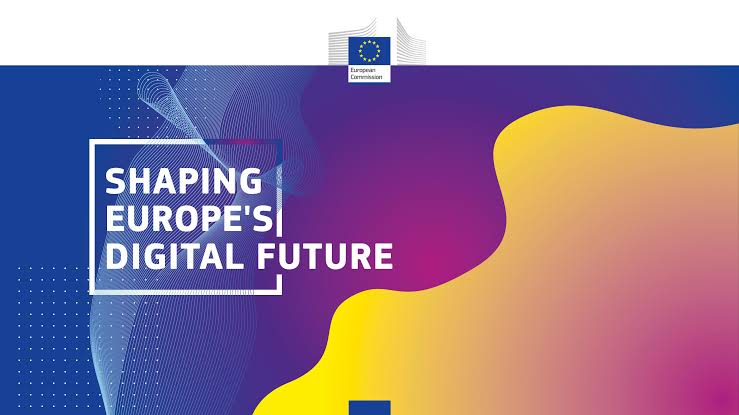Shaping Europe's Digital Future: The Journey to a Digital Euro

Subtitle: An Overview of Fabio Panetta's Statement on the Digital Euro Project
In a recent statement to the Committee on Economic and Monetary Affairs of the European Parliament, Fabio Panetta, a Member of the Executive Board of the European Central Bank (ECB), provided insights into the progress and vision for the digital euro project. This article offers a simplified summary of his statement, highlighting key aspects and the path ahead.
Introduction
Fabio Panetta expressed his pleasure in addressing the Committee and highlighted the substantial progress made since the ECB's first report on the digital euro in 2020. He emphasized the importance of cooperation between European institutions to design a digital euro that serves the public interest.
The Digital Euro's Role
Panetta explained that the digital euro, alongside traditional cash, would provide central bank money in a digital form. It aims to ensure that central bank money remains easily accessible and accepted throughout the euro area. It's designed to be an inclusive, accessible, and privacy-focused means of payment.
Key Aspects of the Digital Euro Proposal
1. Legal Tender Status: The digital euro proposal includes legal tender status, giving everyone the right to access and use digital euros without changing banks. This ensures accessibility and usability throughout the euro area.
2. Privacy: The digital euro proposal prioritizes user privacy. The Euro system won't have access to personal user details, and transactions can be made offline for enhanced privacy.
3. Pricing: Basic digital euro services would be provided free of charge to end-users, while intermediaries would be compensated similarly to private digital payment providers.
4. Balancing Private and Public Money: The ECB has tools in place to maintain a balance between private and central bank money, ensuring monetary policy stability and financial sector health.
Benefits of a Digital Euro
Panetta highlighted the benefits of a digital euro over privately issued stable coins, emphasizing its public nature, compatibility with existing payment tools, and high privacy standards. He also noted that the digital euro would maintain relationships with banks and payment service providers.
Next Steps
The ECB's investigation phase is nearing completion, and the Governing Council will decide whether to proceed to the next phase. Panetta emphasized that a decision to issue a digital euro would only be made after legislative adoption.
An Ambitious Vision
Panetta concluded by urging European policymakers to be ambitious in developing a digital euro. He sees it as an opportunity to make Europe fit for the digital age, enhance autonomy, lead the global debate on central bank digital currency, and benefit all citizens.
In his closing remarks, Fabio Panetta expressed gratitude for the ongoing dialogue and support from the European Parliament, underlining his continued commitment to the digital euro project.